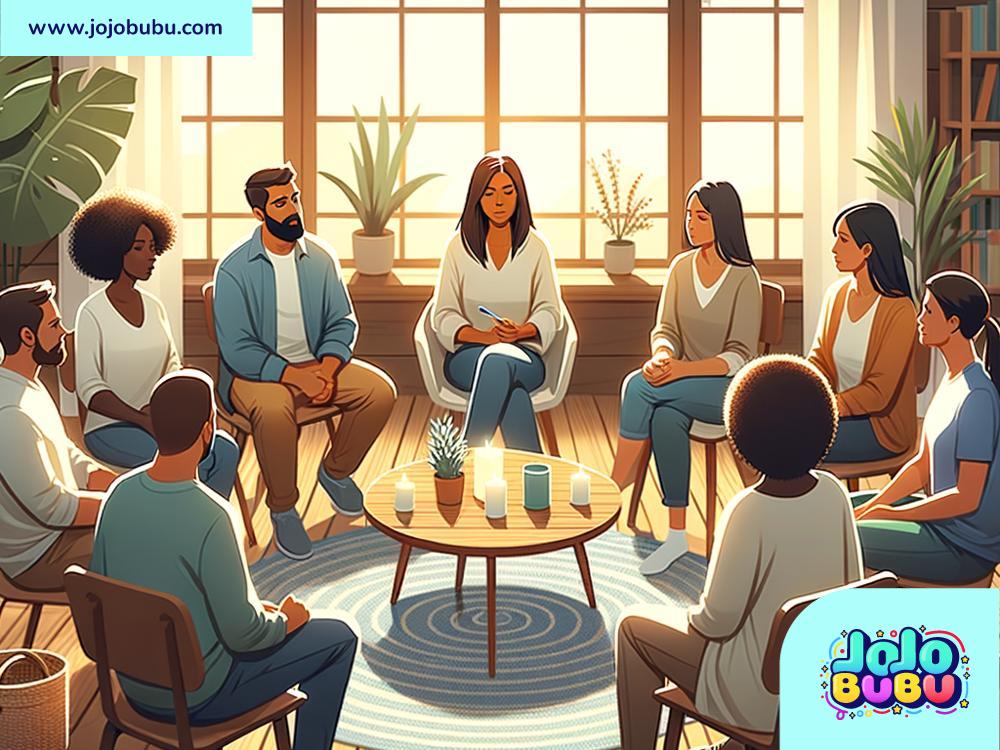Understanding Peer Support Helplines and Services: A Simple Guide
In today’s fast-paced world, we all face tough times—whether it’s dealing with stress, feeling overwhelmed, or struggling with mental health challenges. While friends and family can provide comfort, there are moments when we need someone who truly “gets it.” This is where peer support helplines and services come in.
Peer support is all about connecting with someone who has faced similar challenges or life experiences. These people understand what it’s like to walk in your shoes because they’ve been there too. Unlike traditional therapy or counseling, peer support focuses on shared experiences and mutual understanding. It’s a form of emotional support rooted in empathy and equal footing.
Let’s dive into what peer support helplines and services are, how they work, and why they matter.
What Are Peer Support Helplines and Services?
Peer support helplines and services are platforms where people can talk to “peers”—individuals who’ve experienced similar struggles, such as mental health issues, addiction, or personal crises. These helplines aim to provide a safe space for sharing feelings, learning coping strategies, and exploring hope for the future.
The crucial difference between peer support and traditional mental health care is that peers aren’t professionals. Instead, they’re trained individuals who rely on their personal experiences to help others. Their role is not to diagnose or treat anyone but to listen, guide, and offer compassion.
Examples of peer groups include those focused on anxiety, depression, addiction recovery, trauma, LGBTQ+ support, caregiving, or living with chronic illness. Each service caters to a specific need, tailoring its approach to what works best for its community.
How Do Peer Support Helplines Work?
Peer support helplines are usually phone hotlines or online chat services. You call, message, or log in, and you’re connected to someone trained to listen and provide support. Here’s how they typically work:
-
Confidentiality: Conversations on helplines stay private unless there’s a risk of harm. You can share without fear of being judged.
-
Active Listening: The peer listens to you carefully, offering empathy and understanding. They often share their own experiences, making it feel like a natural and relatable conversation.
-
Support and Guidance: While peers aren’t professionals, they can help you figure out steps for self-care or coping mechanisms. This might include tips they’ve personally used to manage things like stress, anxiety, or other challenges.
-
Empowerment: Unlike therapy, peer support isn’t prescriptive. It’s centered on building your confidence, helping you discover strengths, and supporting you in making choices to improve your well-being.
Some helplines operate 24/7, while others are available at specific hours. Many services now offer text, chat, and email support in addition to phone calls, making it easier to reach out in ways that feel comfortable.
Advantages of Peer Support Helplines
There are several reasons why peer support helplines and services have grown in popularity:
-
Shared Experiences: Speaking with someone who has lived through similar challenges can be incredibly comforting. It removes the sense of isolation and reminds you that you’re not alone in what you’re facing.
-
Non-Judgmental Environment: Peers emphasize understanding, empathy, and care. There’s no pressure to be perfect or explain yourself in detail—peers simply listen.
-
Accessibility: Peer support helplines are easy to access, typically free, and widely available. You don’t need to worry about insurance or payment, which makes it a great option for those who can’t afford therapy.
-
Bridge to Other Resources: While peers don’t act as professionals, they often guide callers toward useful resources, such as other helplines, crisis services, or community organizations.
-
Empowerment: Speaking with peers can boost confidence. Hearing their personal stories of resilience can make you feel like you, too, can find a way forward.
Who Can Benefit from Peer Support Services?
Peer support helplines can help anyone going through tough times, but they’re especially effective for people who:
- Feel isolated or misunderstood.
- Are struggling with mental health challenges like anxiety, depression, or trauma.
- Are recovering from addiction or managing chronic illness.
- Identify as part of marginalized communities, such as LGBTQ+ individuals or caregivers.
- Have faced unique personal struggles, like grieving the loss of a loved one or transitioning to a new stage of life.
The beauty of peer support is that it’s for everyone, regardless of background or circumstance. You don’t have to meet specific criteria or have a diagnosis to seek help.
How to Find Peer Support Services
If you’re looking for peer support, here are some ways to get started:
- Search online for helplines in your area. Many organizations offer both in-person and remote services.
- Check mental health platforms like NAMI (National Alliance on Mental Illness) or SAMHSA (Substance Abuse and Mental Health Services Administration).
- Explore community centers and local nonprofits—they often host support groups that foster peer connections.
- Use apps or websites focused on mental health, such as 7 Cups or Peer Support Space.
Remember, it’s okay to reach out if you’re struggling. These services exist to remind you that no matter what life throws at you, there’s someone willing to listen and help.
Conclusion
Peer support helplines and services are powerful tools to help people navigate tough times. When life feels overwhelming, connecting with someone who truly understands your struggles can make a world of difference. Whether it’s sharing a burden, learning new ways to cope, or simply feeling heard, peer support offers value that’s hard to quantify.
If you’re ever in need of support, consider giving a peer helpline a try. It might be the helping hand—or listening ear—you’ve been looking for. You’re not alone, and there’s always someone who cares.

